10 Turmeric Milk Benefits And Side Effects To Know
Fight aches and pains and boost your brain health with this golden drink!
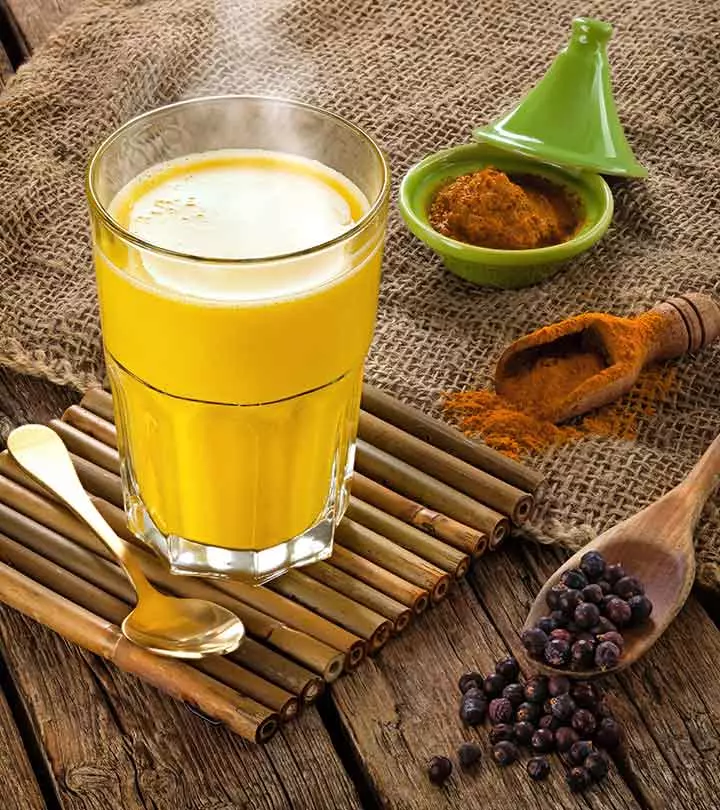
Image: Shutterstock
The many benefits of turmeric milk will make you crave a glass or two. This traditional Indian beverage is also known as golden milk. It is becoming increasingly popular in the West because of its health-promoting properties.
An easy way to add turmeric to your diet is to drink turmeric milk. This health tonic is made by mixing turmeric into milk.
Turmeric is packed with antioxidants and anti-inflammatory compounds. It enhances your immunity and helps you stay healthy. Turmeric milk may also help with respiratory problems, liver problems, inflammation, and digestive problems.
This article discusses the benefits of turmeric milk, its easy-to-make recipe, and any potential side effects. Take a look.
 Know Your Ingredient: Turmeric Milk
Know Your Ingredient: Turmeric MilkWhat Is It?
Milk made by mixing ground turmeric, cinnamon, ginger, and crushed long pepper into milk.
What Are Its Benefits?
It contains antioxidants and anti-inflammatory compounds that improve immunity and fight inflammation.
Who Can Consume It?
Anyone can consume it except those who are on antidiabetic medication.
How Often?
It can be consumed daily in moderation.
Caution
Excessive turmeric consumption may cause kidney stones and iron deficiency.
In This Article
How Is Turmeric Milk Good?
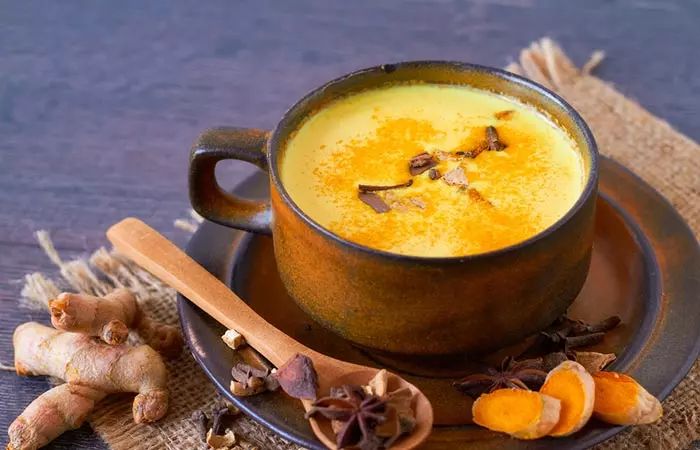
The goodness and nutrition of turmeric milk comes primarily from turmeric. The milk also contains certain other spices that add to the benefits.
Turmeric is the most researched spice on the planet. Its most important compound is curcumin, a powerful antioxidant (1).
The turmeric in the milk is a possible treatment for a host of health conditions. These include respiratory disorders, liver issues, inflammation and joint pains, digestive ailments, and diabetes and cancer (1). Turmeric has also been found to promote heart health (1).
 Trivia
TriviaIn the following section, we will look at the health benefits of turmeric milk in detail.
What Are The Health Benefits Of Turmeric Milk?
Turmeric milk contains turmeric, ginger, and cinnamon. These three spices, in combination, may help fight inflammation and associated ailments like joint pain, cancer, diabetes, and heart disease.
1. May Fight Inflammation And Joint Pain
Dr. William W. Li
, MD, says, “There is abundant evidence showing turmeric has potent anti-inflammatory effects. Inflammation of the skin causes redness, and when the inflammation is quelled, the skin may look lighter and healthier.”
The curcumin in turmeric milk helps fight inflammation and joint pain. Its anti-inflammatory properties are comparable with certain mainstream pharmaceutical drugs (2).
In one study, individuals with rheumatoid arthritisi A chronic autoimmune disorder that mainly affects the joints of hands and legs and causes inflammation and joint pain. who took 500 milligrams of curcumin every day showed more improvement than those who took a standard drug (3).
Similar results were found with ginger, another spice usually added to turmeric milk (4).
Curcumin inhibits the molecules that play a role in inflammation. Some of these include phospholipase, thromboxane, and collagenase (5).
Studies also recommend curcumin as a potential alternative to NSAIDs (non-steroidal anti-inflammatory drugs) for treating joint pain (6). However, it is essential to consult a doctor before using any natural remedies as alternative medicine.
2. May Promote Skin Health
Traditionally, turmeric is used as a remedy for a number of skin conditions. The spice is also believed to make the skin glow and keep harmful bacteria at bay (1).
The topical application of turmeric was found to relieve skin tumors (1). There is not much information on how to use turmeric milk’s benefits for your skin other than consuming it.
Curcumin is often used as an ingredient in skin gels and other skin care products. The compound is known to enhance skin protection (7).
A 2021 study in the International Journal of Molecular Sciences showed that curcumin and its analogs can suppress the production of melanin in human melanocytes obtained from a darkly pigmented donor. Tyrosinase, an enzyme that produces melanin, can be inhibited to generate little or no melanin in cells.
The ability of CMC2.23 (chemically modified curcumin compound 2.23) to impede tyrosinase’s enzymatic activity in living cells is depicted in the accompanying graph. As the concentration of CMC2.23 in the cells rises, enzymatic activity is inhibited inversely. Hence, curcumin can have an anti-pigmentary effect on the skin.

Cellular tyrosinase activity cells treated with CMC2.23
Source: Novel Chemically Modified Curcumin (CMC) Analogs Exhibit Anti-Melanogenic Activity in Primary Human MelanocytesAlso, the cinnamon in turmeric milk promotes collagen synthesis (8). This promotes skin health and fights premature signs of aging.
3. May Reduce Cancer Risk
Hundreds of studies have linked curcumin to potential anticancer activities. Research shows us that curcumin can potentially treat or reduce the risk of cancers of the breast, ovaries, lung, skin, brain, and the digestive system (9).
Laboratory research also suggests that curcumin may slow down the progression of cancer and make chemotherapy more effective. The compound may also protect healthy cells from damage by radiation therapy (10).
Ginger is another ingredient in turmeric milk. This spice contains 6-gingerol, which was found to exhibit anticancer activity (11).
Cinnamon is another common ingredient used in turmeric milk. This spice contains cinnamaldehyde, a powerful compound that can reduce cancer risk (12).
Though most of these studies are done on animals, turmeric milk does have a promising potential in preventing cancer in humans. More research is warranted in this regard.
4. May Promote Brain Health

The curcumin in turmeric milk may cut the risk of depression and Alzheimer’s. This has to do with what scientists call the brain-derived neurotrophic factor (BNDF). BDNF is a growth hormone in your brain that helps neurons multiply and increase in number (13). Low levels of BDNF have been associated with depression and Alzheimer’s (14),(15). This is because BDNF is also associated with learning and memory (13).
The cinnamon in turmeric milk increases the levels of neuroprotective proteins in the brain. This has been found to cut the risk of Parkinson’s diseasei A central nervous system disorder that causes uncontrollable movements, such as shaking or tremors due to low levels of dopamine. (16). Ginger was also found to boost reaction time and memory (17).
The curcumin in turmeric also cuts the risk of age-related cognitive decline (18). It promotes a better mood as well (19).
5. May Aid Weight Loss
Dr. Li says, “Curcumin can rein in the development of new fat cells called adipocytes. It can also ignite a process called thermogenesis in the body that turns on metabolism and burns away excess body fat. It can also transform the harmful fat in the body, called white fat, into a useful form of fat, called brown fat. Curcumin improves gut health and also protects against weight gain.”
The anti-inflammatory properties of curcumin in turmeric may aid weight loss. This is because weight loss is often characterized by metabolic inflammation (20).
An animal study suggests that curcumin may also suppress fat tissue growth (21). Whether curcumin in the milk would have the same effects in humans is yet to be studied.
Dr. Li adds, “All this is to say that turmeric has fat-fighting abilities. With turmeric milk, however, there is also the saturated fat from dairy milk, which may counter the benefits of the curcumin in turmeric. In traditional recipes for turmeric milk, add pepper. Not adding sugar (extra calories) or artificial sweeteners (that damage the gut microbiome and dampen metabolism) would also be important to increase the benefits of turmeric milk.”
6. May Promote Heart Health
Turmeric, ginger, and cinnamon have all been linked to reduced heart disease risk.
The curcumin in turmeric inhibits the release of cytokines, which are compounds involved in inflammation. These cytokines are largely associated with cardiovascular disease (6).
In studies, the intake of ginger powder cut down the risk of heart disease in subjects. The powder reduced the levels of bad cholesterol and increased the levels of good cholesterol (22).
Intake of cinnamon had also shown similar effects (23).Curcumin also improves the functioning of the endothelial cells. These cells form the blood vessel linings. Optimum functioning of the endothelial cells boosts heart health (24). Curcumin was also found to reduce the risk of coronary artery disease (25).
7. May Aid Diabetes Treatment
The curcumin in turmeric can lower blood glucose levels, aiding diabetes treatment. The compound also plays a role in preventing diabetes-related liver disorders. Additionally, curcumin has also been used in treating diabetic nephropathyi Progressive kidney damage that occurs in people with diabetes and can lead to kidney failure in serious cases. and retinopathyi Damage to blood vessels in tissues at the back of the retina that causes blurry and dark vision. (26).
Curcumin also prevents inflammation and oxidative stress, two common problems associated with diabetes (27).
In a study, spices like ginger and cinnamon were found to have beneficial effects on diabetes. In the rat study, these spices also exhibited anti-obesity and hepatoprotectivei The ability of a substance to prevent damage to the liver and keep it healthy. It is the opposite of hepatotoxicity. effects (28).
8. May Enhance Digestive Health

The turmeric in the milk may enhance digestion. It promotes fat digestion by increasing bile production by 62% (29).
The ginger in turmeric milk also helps here. In studies, ginger stimulated gastric emptying in individuals with chronic indigestion (30).
In another preliminary study, turmeric ingestion improved the symptoms of irritable bowel syndrome. The curcumin in turmeric possesses anti-inflammatory, carminative, and antimicrobial properties that may promote the health of the gastrointestinal tract (31).
Curcumin also promotes liver health. It can protect the liver in times of acute or chronic liver injury. Curcumin was also found to interact with enzymes involved in liver cirrhosisi A condition in which the liver is damaged due to chronic alcohol abuse, causing scars and failure of the organ’s functions. ; thereby reducing the risk of the disease (32). However, we need more studies to substantiate the beneficial effects of curcumin on liver health.
9. May Boost Immunity
The curcumin in turmeric milk is an immunomodulatoryi A substance that modulates the immune system by stimulating or suppressing it and helps the body fight cancer, infection and other diseases. agent. It can promote the functioning of T cells, B cells, macrophages, and natural killer cells. All these cells are essential components of the body’s immune system (33).
Curcumin can also enhance the response of antibodies. This means that curcumin’s beneficial effects on arthritis, cancer, heart disease, diabetes, and Alzheimer’s can be attributed to its ability to modulate the human immune system (33).
Turmeric milk can also help treat cold and sore throat (1).
10. May Strengthen Bones
The milk in this beverage plays a role here. Milk is usually rich in calcium and vitamin D. Both these nutrients are essential for strong bones (34).
Turmeric was also found to protect the bones. Preliminary research shows that turmeric, with the right amounts of curcumin, can prevent bone loss by as much as 50% (35). Whether these effects can prevent osteoporosisi A condition in which bones turn brittle and weak due to low bone mineral density and bone mass, making them prone to fracture. in humans warrants further study.
11. May Help Treat Insomnia
Turmeric milk may also improve sleep quality. Mice studies have shown that turmeric in the milk can prevent sleep deprivation (36).
Curcumin may also reduce your anxiety levels, further promoting sleep quality (37).
Turmeric milk doesn’t necessarily mean turmeric alone. The beverage is a powerful combination of other important spices (like cinnamon and ginger) that contribute to its overall nutritional value.
Khyati Jain, a blogger, discusses her struggle with insomnia and how it affected her daily life and well-being. She also shares a potential solution in the form of ‘golden milk’, an ayurvedic treatment for insomnia made with turmeric. She writes, “I don’t know if it was the curcumin properties or the warm milk, but this drink helped me sleep better from Day 1. Within a week my sleep quality improved. I was able to sleep throughout the night without waking up. (i).”
What we have discussed are the potential ways turmeric milk benefits your health. To avail them, you must consume the milk regularly. But how do you do it? How to prepare this decoction?
How To Prepare Turmeric Milk
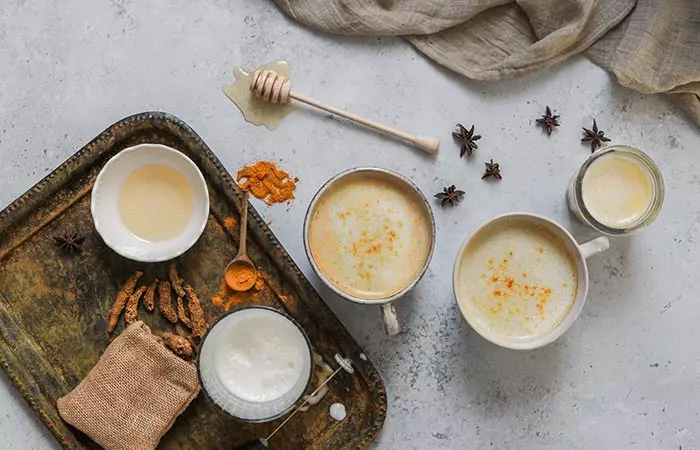
Mary Sabat, RD, LD, says, “Turmeric milk can be enjoyed either hot or cold, depending on your preference, and it can be enjoyed without boiling. In Ayurvedic medicine, turmeric milk is considered to be a hot beverage. It is believed to help balance the body’s temperature and restore energy.”
According to Dr. Li, you can drink turmeric milk without boiling if you are using regular pasteurized milk bought in a store. He says, “Traditional Indian recipes called for boiling when raw, unpasteurized milk is used.” However, Sabat adds, “Heating the milk may help to release more of the beneficial compounds from the turmeric than having it cold.”
Preparing the golden milk at home is easy. The following recipe gives you a single serving (1 cup) of the milk.
What You Need
- 1 teaspoon of turmeric
- ½ cup (120 ml) of unsweetened milk
- ½ teaspoon of cinnamon powder
- ½ teaspoon of ginger powder
- 1 pinch of ground black pepper
- 1 teaspoon of honey (optional, to improve taste)
Directions
- Mix all the ingredients in a pot and bring it to a boil.
- Reduce heat and simmer for 10 minutes.
- Strain the drink through a fine strainer into mugs.
- Top the beverage with a pinch of cinnamon.
 Quick Tip
Quick TipYou can prepare this milk and refrigerate it for up to five days. Reheat it before drinking.
The black pepper in this recipe has a special advantage. The curcumin in turmeric, by itself, is not very well absorbed in the body. Adding black pepper can help. It contains piperine, a compound that enhances curcumin absorption by 2,000% (38).
Turmeric milk is often confused with turmeric latte. The latter is just an improvised version of the traditional turmeric milk. Let’s understand how they are different.
Turmeric Milk Vs. Turmeric Latte
| Attribute | Turmeric Milk | Turmeric Latte |
|---|---|---|
| Base Ingredient | Milk and turmeric powder | Steamed milk and turmeric syrup or raw turmeric juice |
| Flavor Profile | Milky, earthy, and slightly spicy | Creamy, sweet, and slightly spicy |
| Additional Spices | May include black pepper or ginger for added benefits | Often includes cinnamon, cardamom, and sweeteners |
| Variations | Can be made with plant-based milk alternatives | Available in various flavored versions at cafés or can be even made at home. |
Both turmeric milk and turmeric latte offer various health benefits. You may choose either based on your taste preference. However, it is important to exercise caution before consuming these beverages. There are certain concerns about turmeric milk one must be aware of.
What Are The Side Effects Of Turmeric Milk?

- May Aggravate Kidney Stones
Turmeric contains 2% oxalate (39). At high doses, this can cause or aggravate kidney stones in susceptible individuals. Hence, please avoid use if you have kidney issues.
- May Cause Iron Deficiency
Excess turmeric may hamper iron absorption (40). This can lead to iron deficiency in people who do not consume enough iron.
- May Lower Blood Sugar Levels Way Too Much
Direct research is lacking in this regard. Anecdotal evidence suggests that turmeric milk may lower blood sugar levels way too much if taken along with antidiabetic medication. If you are dealing with diabetes, please check with your doctor before you consume turmeric milk.
Infographic: Important Health Benefits Of Turmeric Milk
Golden milk is one of the oldest Indian beverages. It is replete with antioxidants and anti-inflammatory compounds. This tea with turmeric benefits your health in many ways, as discussed in the article. However, we have listed the most important of those in the infographic below. Take a look! Illustration: StyleCraze Design Team

Turmeric milk, also known as golden milk, is touted for its therapeutic uses. The antioxidant and anti-inflammatory compounds in golden milk benefit your health. The milk may help fight inflammation, reduce joint pain, promote skin health, decrease cancer risk, promote brain health, and aid weight loss. However, excess intake may increase kidney stone risk in some people, lead to iron deficiency, or lower blood sugar levels way too much. Hence, consume it in moderation and consult your doctor regarding the ideal dosage.
Frequently Asked Questions
When can you take turmeric milk?
Drinking turmeric milk at night is a better option as it can promote sleep. Some believe the milk causes the release of tryptophan, an amino acid known to promote sleep. Turmeric milk is also thought to increase mucus production, which may clog the microbes in the respiratory tract and keep flu away.
Can you take turmeric milk every day?
Yes, you can drink turmeric milk every day. But if you have any medical condition, please consult with your doctor before you do so.
Is turmeric milk good for hair?
Turmeric milk can be good for hair. The anti-inflammatory, antioxidant, and antibacterial properties of this golden milk may help cleanse the scalp. However, there is a lack of research in this regard.
Can we add honey in turmeric milk?
Yes, we can add honey in turmeric milk.
Does drinking milk at night increase weight?
There is no concrete evidence to prove this. Milk contains fat. It may lead to weight gain only if you also are taking other fatty (and unhealthy) foods and do not exercise often. For optimal weight, eat healthy, exercise regularly, and follow healthy lifestyle habits.
How long does turmeric milk take to work?
According to anecdotal evidence, it might take up to 2 months to observe the results of turmeric milk on your health.
Can we drink cold turmeric milk?
Yes, you may enjoy turmeric milk chilled as well. However, it is generally recommended that you have it hot or warm.
Key Takeaways
- Turmeric milk is an easy-to-make traditional Indian beverage that is rich in curcumin, an anti-inflammatory and antioxidant compound.
- It helps fight joint pain, improves skin health, boosts immunity, and enhances digestive health.
- Excess consumption of this beverage may lead to kidney stones, iron deficiency, and lower blood sugar levels.
Illustration: Turmeric Milk Benefits And Side Effects To Know
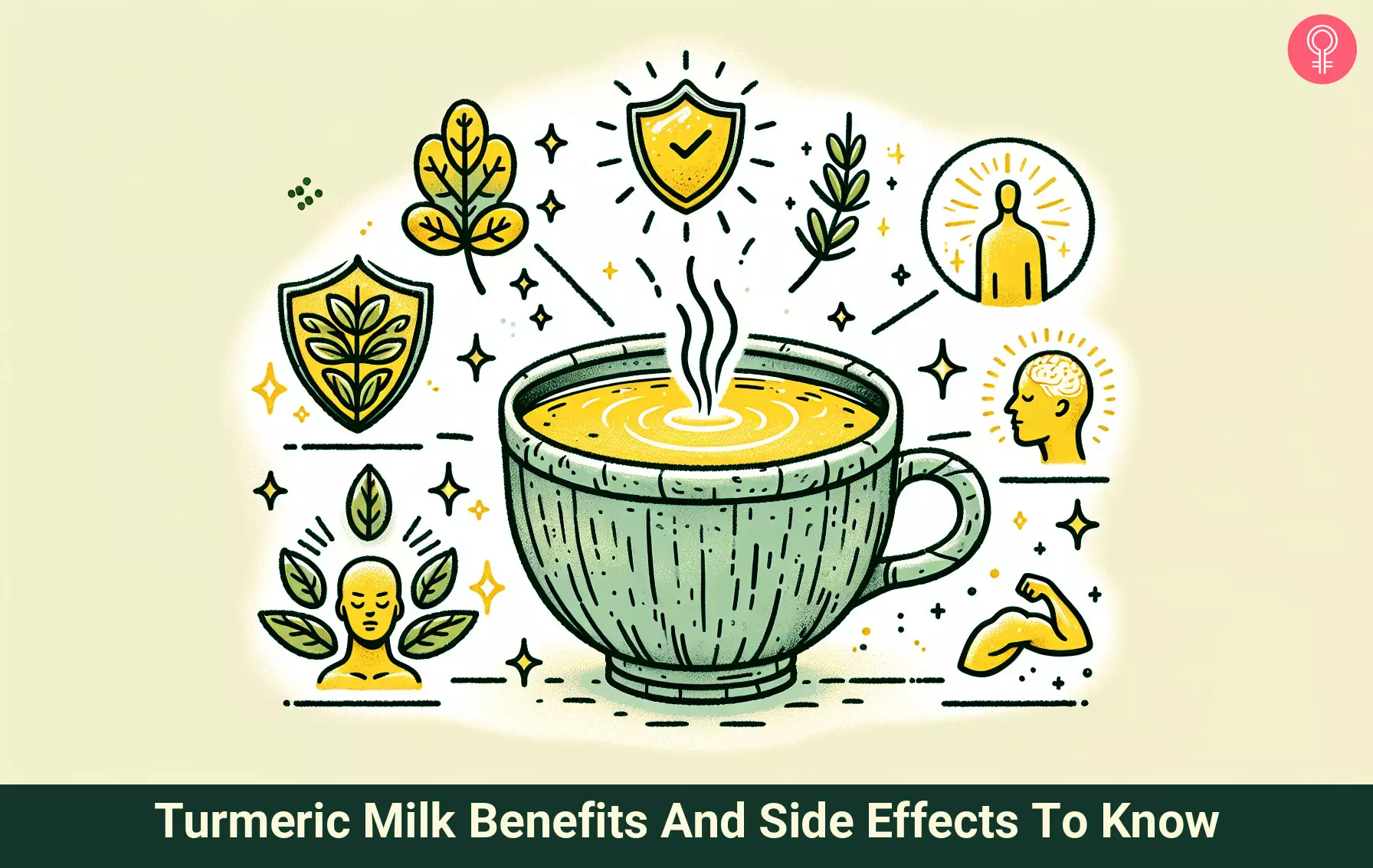
Image: Dall·E/StyleCraze Design Team
References
Articles on StyleCraze are backed by verified information from peer-reviewed and academic research papers, reputed organizations, research institutions, and medical associations to ensure accuracy and relevance. Read our editorial policy to learn more.
- Turmeric, the Golden Spice, Herbal Medicine: Biomolecular and Clinical Aspects, US National Library of Medicine, National Institutes of Health.
https://www.ncbi.nlm.nih.gov/books/NBK92752/ - Nonsteroidal anti-inflammatory agents differ in their ability to suppress NF-kappaB activation, inhibition of expression of cyclooxygenase-2 and cyclin D1, and abrogation of tumor cell proliferation, Oncogene, US National Library of Medicine, National Institutes of Health.
https://pubmed.ncbi.nlm.nih.gov/15489888/ - A randomized, pilot study to assess the efficacy and safety of curcumin in patients with active rheumatoid arthritis, Phytotherapy Research, US National Library of Medicine, National Institutes of Health.
https://pubmed.ncbi.nlm.nih.gov/22407780/ - Effects of a ginger extract on knee pain in patients with osteoarthritis, Arthritis and Rheumatism, US National Library of Medicine, National Institutes of Health.
https://pubmed.ncbi.nlm.nih.gov/11710709/ - Safety and anti-inflammatory activity of curcumin: a component of tumeric (Curcuma longa), Journal of Alternative and Complementary Medicine, US National Library of Medicine, National Institutes of Health.
https://pubmed.ncbi.nlm.nih.gov/12676044/ - Curcumin: A Review of Its’ Effects on Human Health, Foods, US National Library of Medicine, National Institutes of Health.
https://www.ncbi.nlm.nih.gov/pmc/articles/PMC5664031/#sec3-foods-06-00092title - A Review on Antibacterial, Antiviral, and Antifungal Activity of Curcumin, BioMed Research International, US National Library of Medicine, National Institutes of Health.
https://www.ncbi.nlm.nih.gov/pmc/articles/PMC4022204/ - Skin Ageing: Natural Weapons and Strategies, Evidence-based Complementary and Alternative Medicine, US National Library of Medicine, National Institutes of Health.
https://www.ncbi.nlm.nih.gov/pmc/articles/PMC3569896/ - Curcumin and cancer: an “old-age” disease with an “age-old” solution, Cancer Letters, US National Library of Medicine, National Institutes of Health.
https://pubmed.ncbi.nlm.nih.gov/18462866/ - New insights into therapeutic activity and anticancer properties of curcumin, Journal of Experimental Pharmacology, US National Library of Medicine, National Institutes of Health.
https://www.ncbi.nlm.nih.gov/pmc/articles/PMC5386596/ - Gingerol as a cancer chemopreventive agent: a review of its activity on different steps of the metastatic process, Mini Reviews in Medicinal Chemistry, US National Library of Medicine, National Institutes of Health.
https://pubmed.ncbi.nlm.nih.gov/24552266/ - Cinnamaldehyde inhibits lymphocyte proliferation and modulates T-cell differentiation, International Journal of Immunopharmacology, US National Library of Medicine, National Institutes of Health.
https://pubmed.ncbi.nlm.nih.gov/9848396/ - Brain-derived Neurotrophic Factor, Growth Factors, US National Library of Medicine, National Institutes of Health.
https://www.ncbi.nlm.nih.gov/pmc/articles/PMC2504526/ - Alterations of serum levels of brain-derived neurotrophic factor (BDNF) in depressed patients with or without antidepressants, Biological Psychiatry, ScicenceDirect.
https://www.sciencedirect.com/science/article/abs/pii/S0006322303001811 - BDNF mRNA is decreased in the hippocampus of individuals with Alzheimer’s disease, Neuron, ScienceDirect.
https://www.sciencedirect.com/science/article/abs/pii/0896627391902733 - Cinnamon treatment upregulates neuroprotective proteins Parkin and DJ-1 and protects dopaminergic neurons in a mouse model of Parkinson’s disease, Journal of Neuroimmune Pharmacology.
https://pubmed.ncbi.nlm.nih.gov/24946862/ - Zingiber officinale Improves Cognitive Function of the Middle-Aged Healthy Women, Evidence-based Complementary and Alternative Medicine, US National Library of Medicine, National Institutes of Health.
https://www.ncbi.nlm.nih.gov/pmc/articles/PMC3253463/ - Efficacy of curcumin for age-associated cognitive decline: a narrative review of preclinical and clinical studies, Geroscience, US National Library of Medicine, National Institutes of Health.
https://www.ncbi.nlm.nih.gov/pmc/articles/PMC5964053/ - Curcumin treatment leads to better cognitive and mood function in a model of Gulf War Illness with enhanced neurogenesis, and alleviation of inflammation and mitochondrial dysfunction in the hippocampus, Brain, Behavior, and Immunity, US National Library of Medicine, National Institutes of Health.
https://pubmed.ncbi.nlm.nih.gov/29454881/ - Curcumin and obesity, BioFactors, US National Library of Medicine, National Institutes of Health.
https://pubmed.ncbi.nlm.nih.gov/23339049/ - Curcumin inhibits adipogenesis in 3T3-L1 adipocytes and angiogenesis and obesity in C57/BL mice, The Journal of Nutrition, US National Library of Medicine, National Institutes of Health.
https://pubmed.ncbi.nlm.nih.gov/19297423/ - The Effects of Ginger on Fasting Blood Sugar, Hemoglobin A1c, Apolipoprotein B, Apolipoprotein A-I and Malondialdehyde in Type 2 Diabetic Patients, Iranian Journal of Pharmaceutical Research, US National Library of Medicine, National Institutes of Health.
https://www.ncbi.nlm.nih.gov/pmc/articles/PMC4277626/ - Cinnamon use in type 2 diabetes: an updated systematic review and meta-analysis, Annals Of Family Medicine, US National Library of Medicine, National Institutes of Health.
https://pubmed.ncbi.nlm.nih.gov/24019277/ - Curcumin supplementation improves vascular endothelial function in healthy middle-aged and older adults by increasing nitric oxide bioavailability and reducing oxidative stress, Open-Access Impact Journal on Aging, US National Library of Medicine, National Institutes of Health.
https://www.ncbi.nlm.nih.gov/pmc/articles/PMC5310664/ - Effect of curcumin on permeability of coronary artery and expression of related proteins in rat coronary atherosclerosis heart disease model, International Journal of Clinical and Experimental Pathology, US National Library of Medicine, National Institutes of Health.
https://www.ncbi.nlm.nih.gov/pmc/articles/PMC4525956/ - Curcumin and Diabetes: A Systematic Review, Evidence-based Complementary and Alternative Medicine, US National Library of Medicine, National Institutes of Health.
https://www.ncbi.nlm.nih.gov/pmc/articles/PMC3857752/ - Curcumin prevents inflammatory response, oxidative stress and insulin resistance in high fructose fed male Wistar rats: Potential role of serine kinases, Chemico-Biological Interations, US National Library of Medicine, National Institutes of Health.
https://pubmed.ncbi.nlm.nih.gov/26713546/ - Some pharmacological effects of cinnamon and ginger herbs in obese diabetic rats, Journal of Intercultural Ethnopharmacology, US National Library of Medicine, National Institutes of Health.
https://www.ncbi.nlm.nih.gov/pmc/articles/PMC4576807/ - Therapeutic potential of curcumin in digestive diseases, World Journal of Gastroenterology, US National Library of Medicine, National Institutes of Health.
https://www.ncbi.nlm.nih.gov/pmc/articles/PMC3882399/ - Effect of ginger on gastric motility and symptoms of functional dyspepsia, World Journal of Gastroenterology, US National Library of Medicine, National Institutes of Health.
https://www.ncbi.nlm.nih.gov/pmc/articles/PMC3016669/ - Turmeric Extract May Improve Irritable Bowel Syndrome Symptomology in Otherwise Healthy Adults: A Pilot Study, THE JOURNAL OF ALTERNATIVE AND COMPLEMENTARY MEDICINE.
https://www.semanticscholar.org/paper/Turmeric-extract-may-improve-irritable-bowel-in-a-Bundy-Walker/3c74b142c217ec2e5fc83b6d1ed903d98a3a9077?p2df - Antioxidants in liver health, World Journal of Gastrointestinal Pharmacology and Therapeutics, US National Library of Medicine, National Institutes of Health.
https://www.ncbi.nlm.nih.gov/pmc/articles/PMC4526841/ - “Spicing up” of the immune system by curcumin, Journal of Clinical Immunology, US National Library of Medicine, National Institutes of Health.
https://pubmed.ncbi.nlm.nih.gov/17211725/ - Protein intake, calcium balance and health consequences, European Journal of Clinical Nutrition, US National Library of Medicine, National Institutes of Health.
https://idp.nature.com/authorize?response_type=cookie&client_id=grover&redirect_uri=https%3A%2F%2Fwww.nature.com%2Farticles%2Fejcn2011196 - Protection of Trabecular Bone in Ovariectomized Rats by Turmeric (Curcuma longa L.) Is Dependent on Extract Composition
https://pubs.acs.org/doi/abs/10.1021/jf101873f - Possible nitric oxide modulation in protective effect of (Curcuma longa, Zingiberaceae) against sleep deprivation-induced behavioral alterations and oxidative damage in mice, Phytomedicine International Journal of Phytotherapy and Phytopharmacology, US National Library of Medicine, National Institutes of Health.
https://pubmed.ncbi.nlm.nih.gov/18586477/ - Efficacy of Curcumin in the Modulation of Anxiety Provoked by Sulfite, a Food Preservative, in Rats, Preventive Nutrition and Food Science, US National Library of Medicine, National Institutes of Health.
https://www.ncbi.nlm.nih.gov/pmc/articles/PMC5503424/ - Influence of Piperine on the Pharmacokinetics of Curcumin in Animals and Human Volunteers, Planta Medica, US National Library of Medicine, National Institutes of Health.
https://pubmed.ncbi.nlm.nih.gov/9619120/ - Effect of cinnamon and turmeric on urinary oxalate excretion, plasma lipids, and plasma glucose in healthy subjects, The American Journal of Clinical Nutrition, US National Library of Medicine, National Institutes of Health.
https://pubmed.ncbi.nlm.nih.gov/18469248/ - Iron Deficiency Anemia Due to High-dose Turmeric, National Center for Biotechnology Information.
https://pubmed.ncbi.nlm.nih.gov/30899609/
Read full bio of Staci Gulbin
- Dr. William W. Li, MD, is an internationally renowned physician and scientist with over seven years of experience. He is also a New York Times bestselling author and TED speaker and the president and medical director of the Angiogenesis Foundation.
 Dr. William W. Li, MD, is an internationally renowned physician and scientist with over seven years of experience. He is also a New York Times bestselling author and TED speaker and the president and medical director of the Angiogenesis Foundation.
Dr. William W. Li, MD, is an internationally renowned physician and scientist with over seven years of experience. He is also a New York Times bestselling author and TED speaker and the president and medical director of the Angiogenesis Foundation. - Mary Sabat, MS, RDN, LD, is a registered dietitian and a certified in personal training by the American Council of Exercise. She has 30 years of experience in nutrition education, wellness coaching, fitness training, holistic health, and weight loss coaching. She obtained her bachelor's degree in Dietetics and Nutrition from the University of Delaware and master’s degree in Human Nutrition with an emphasis on Exercise Science from Rutgers University.
 Mary Sabat, MS, RDN, LD, is a registered dietitian and a certified in personal training by the American Council of Exercise. She has 30 years of experience in nutrition education, wellness coaching, fitness training, holistic health, and weight loss coaching. She obtained her bachelor's degree in Dietetics and Nutrition from the University of Delaware and master’s degree in Human Nutrition with an emphasis on Exercise Science from Rutgers University.
Mary Sabat, MS, RDN, LD, is a registered dietitian and a certified in personal training by the American Council of Exercise. She has 30 years of experience in nutrition education, wellness coaching, fitness training, holistic health, and weight loss coaching. She obtained her bachelor's degree in Dietetics and Nutrition from the University of Delaware and master’s degree in Human Nutrition with an emphasis on Exercise Science from Rutgers University.
Read full bio of Arshiya Syeda
Read full bio of Sindhu Koganti





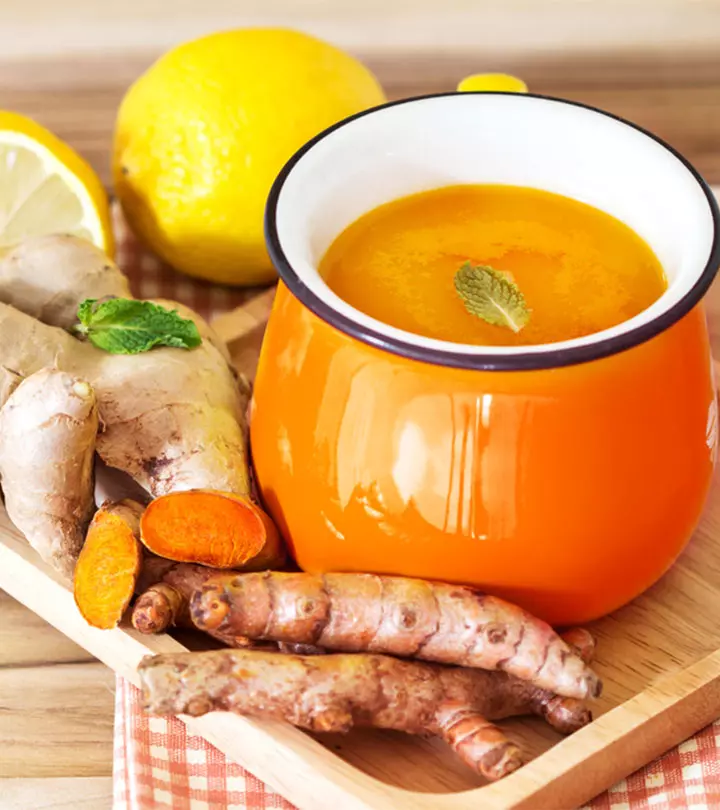
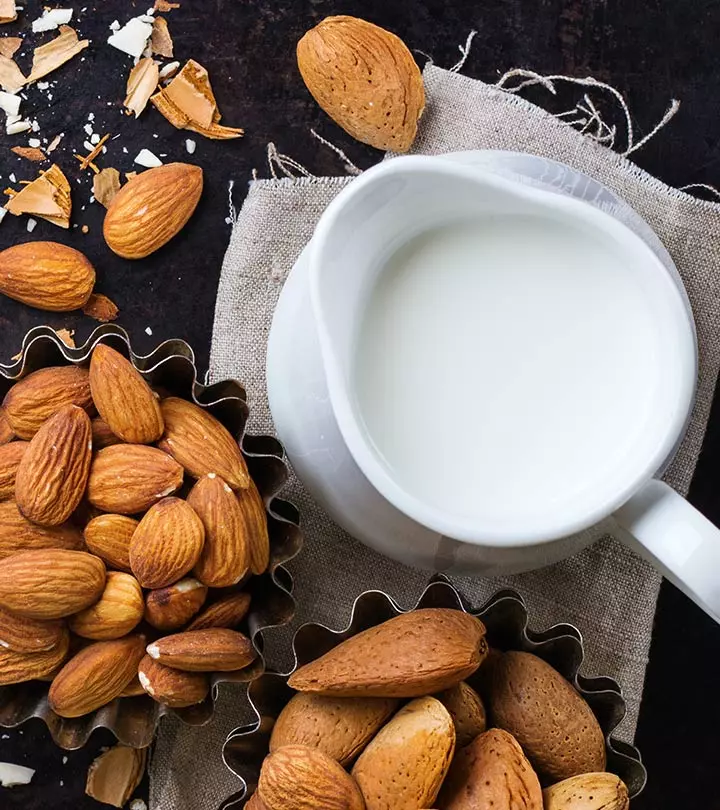
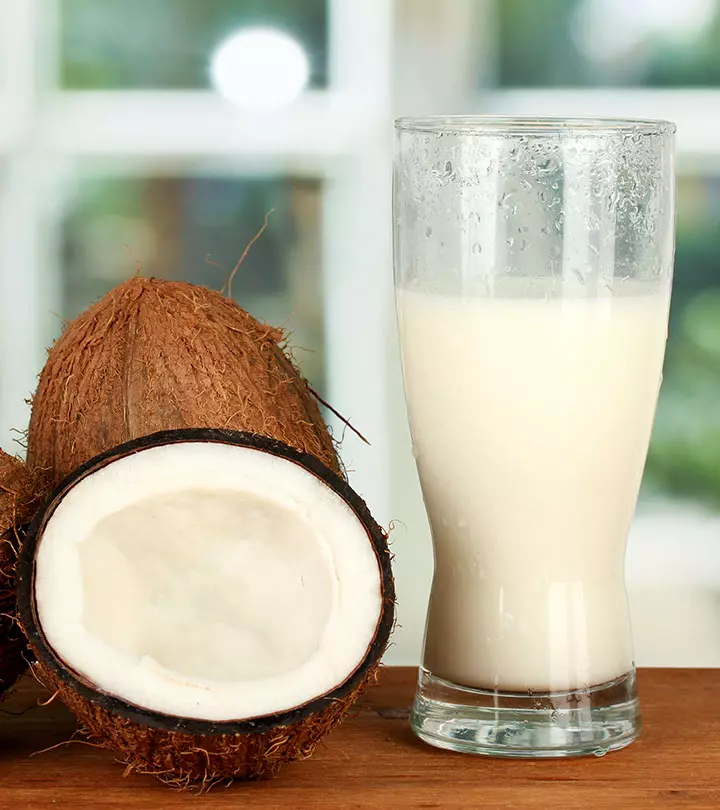
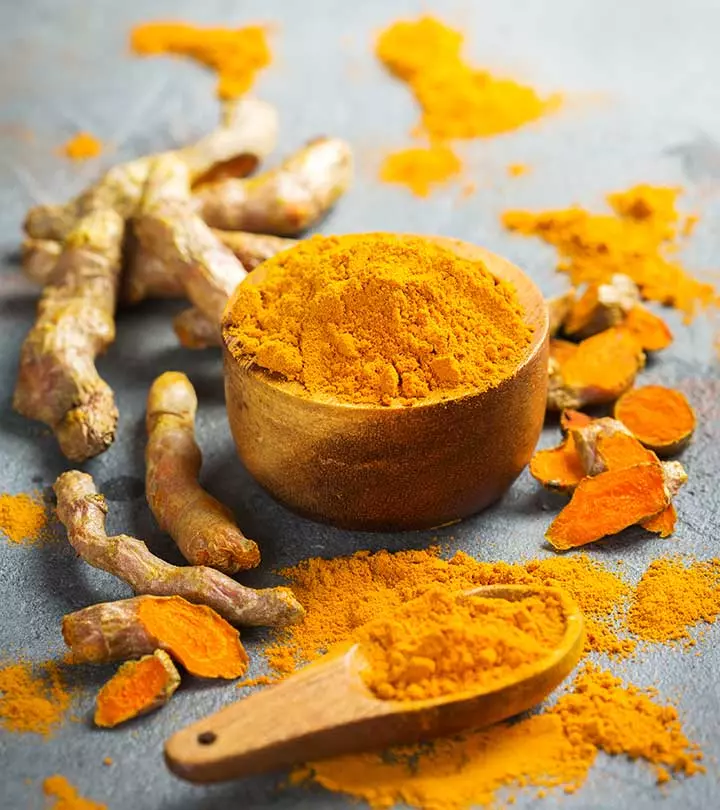
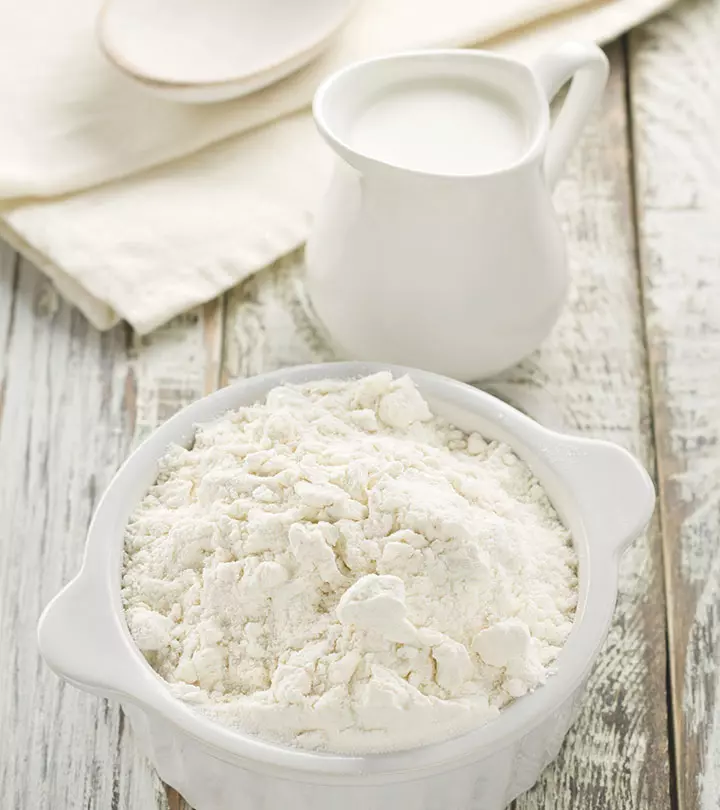
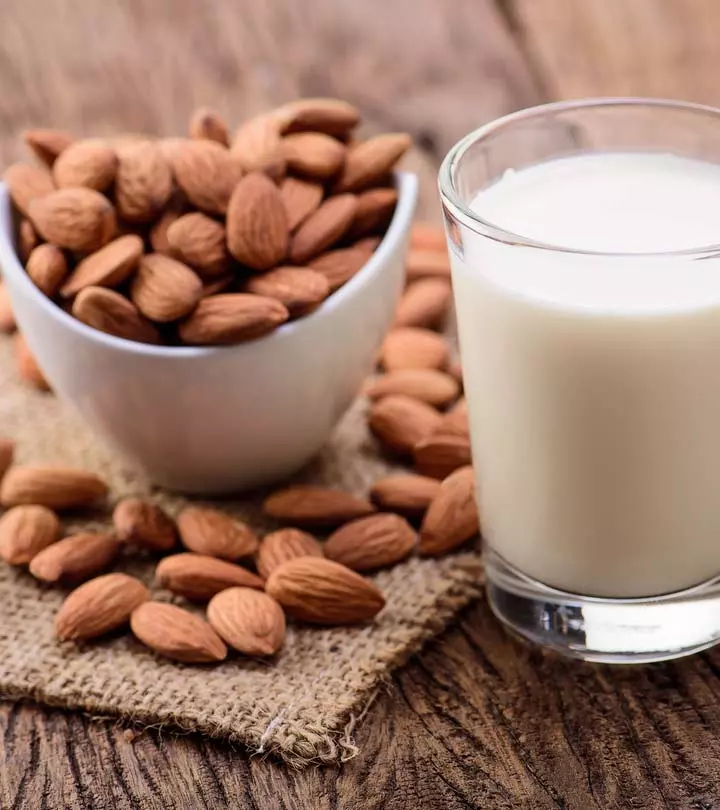
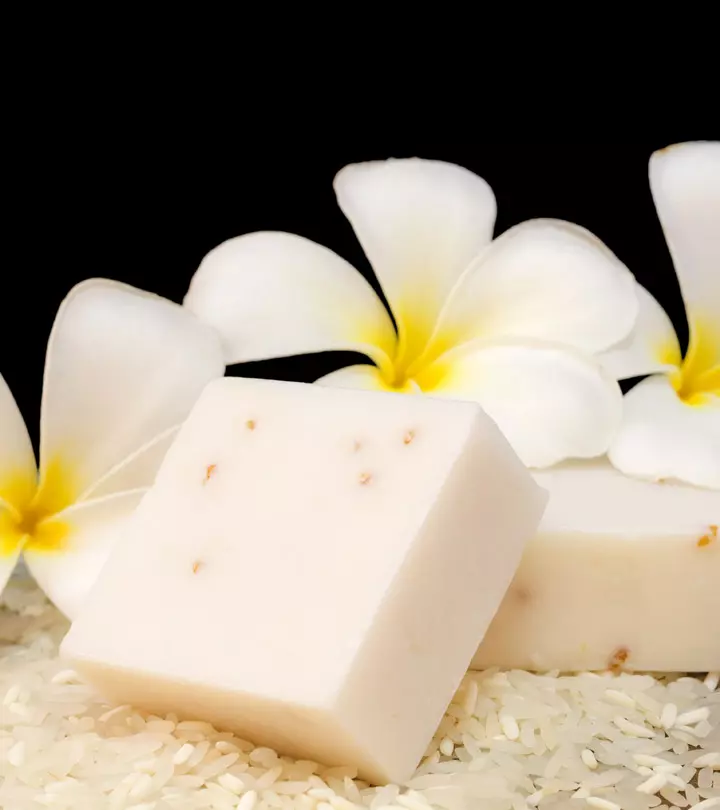
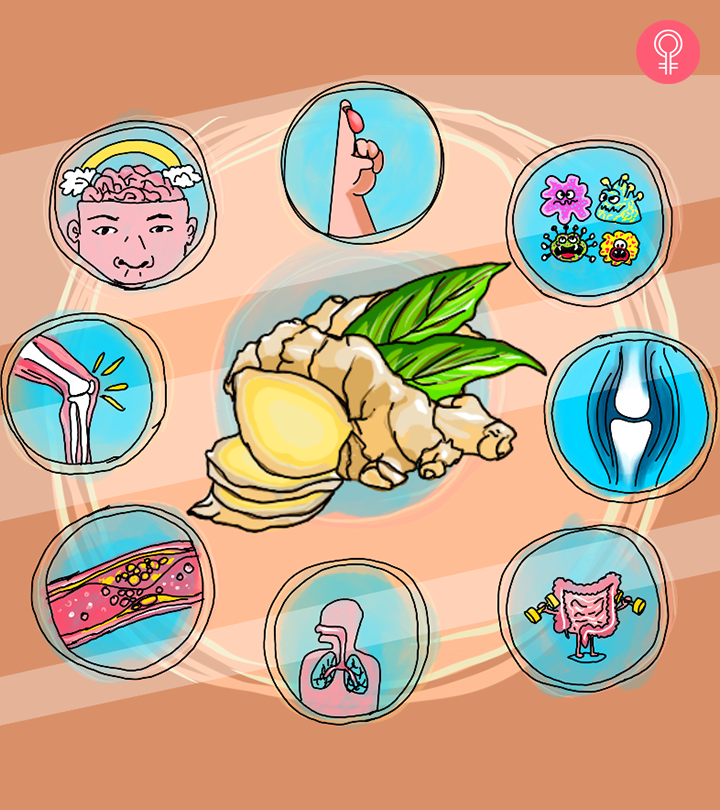
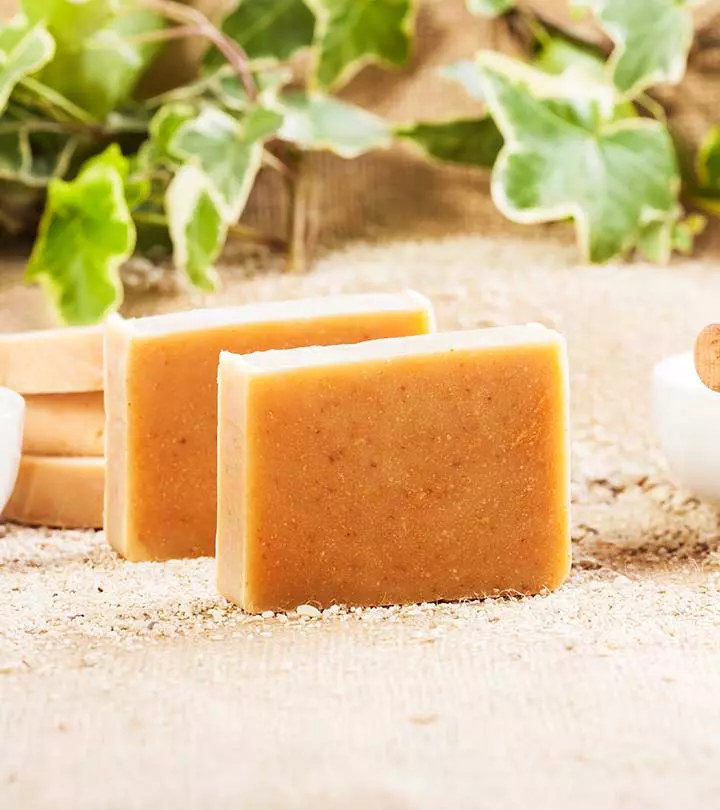
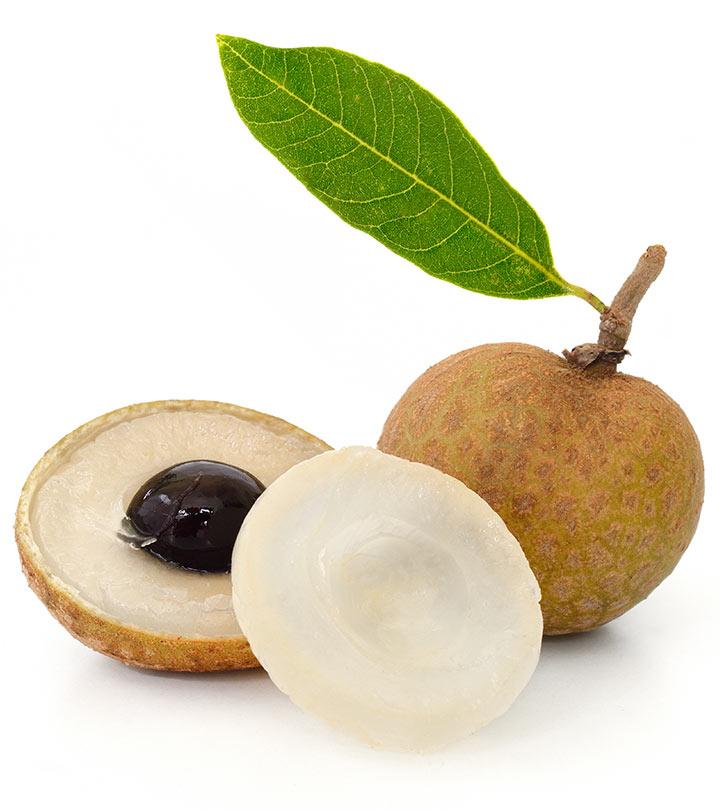
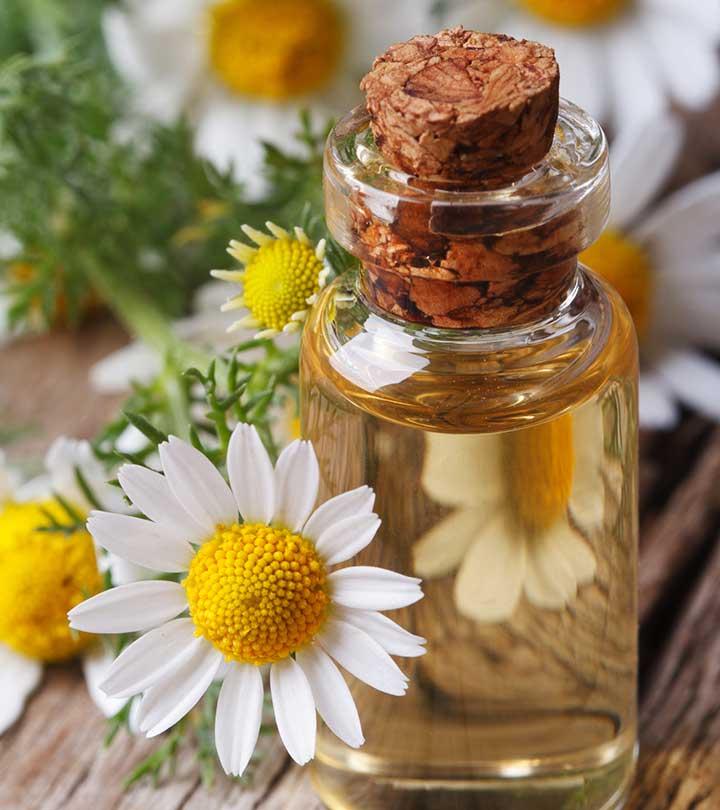
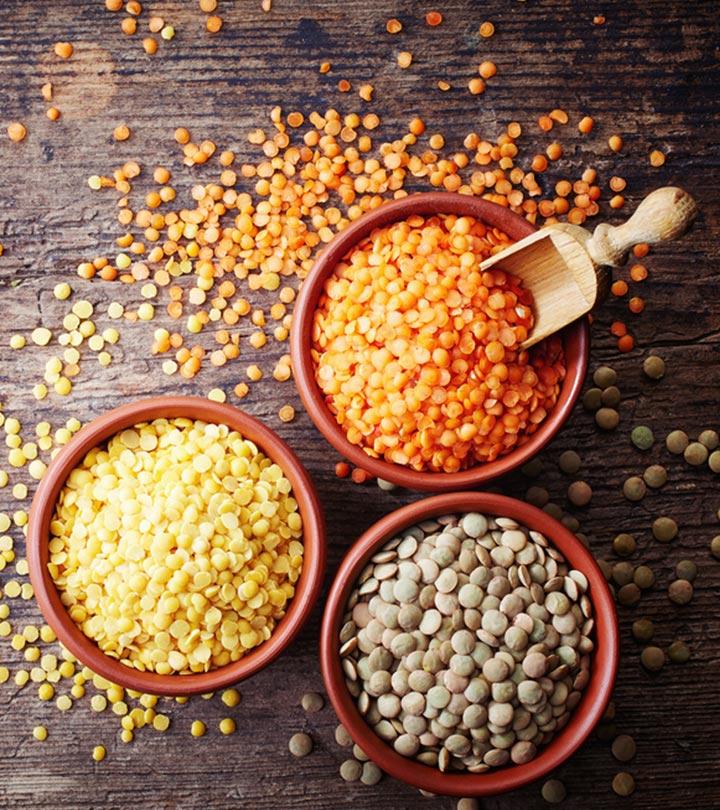
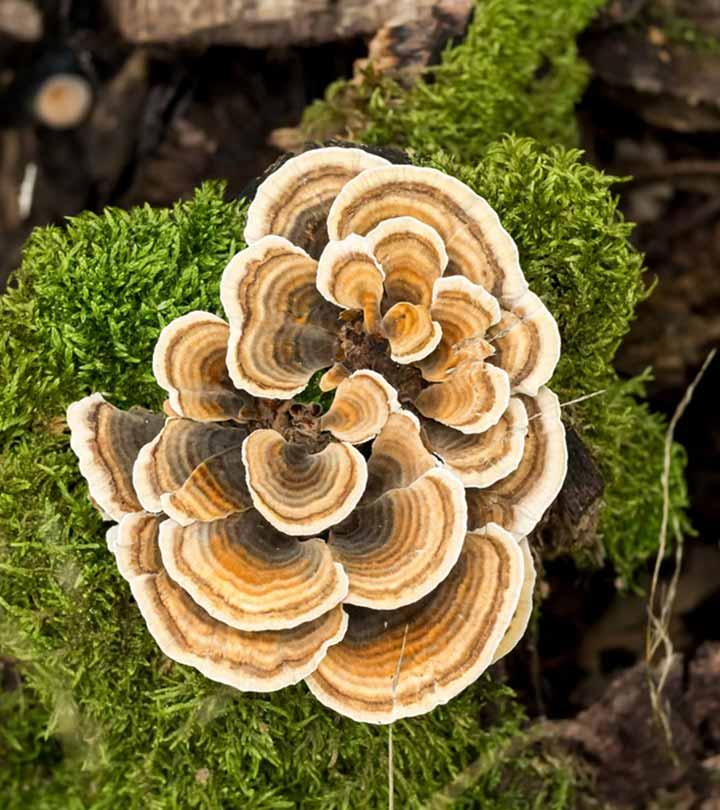
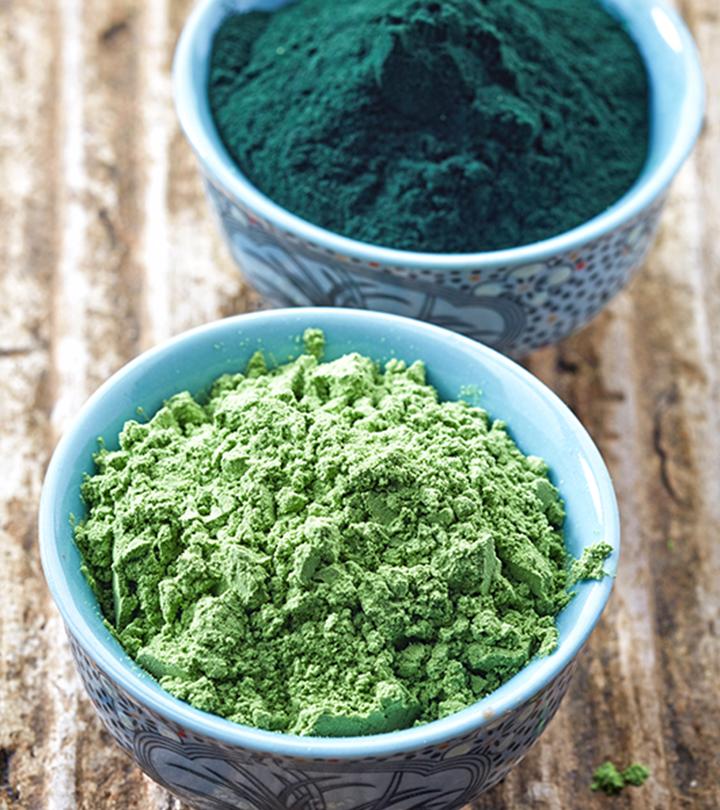
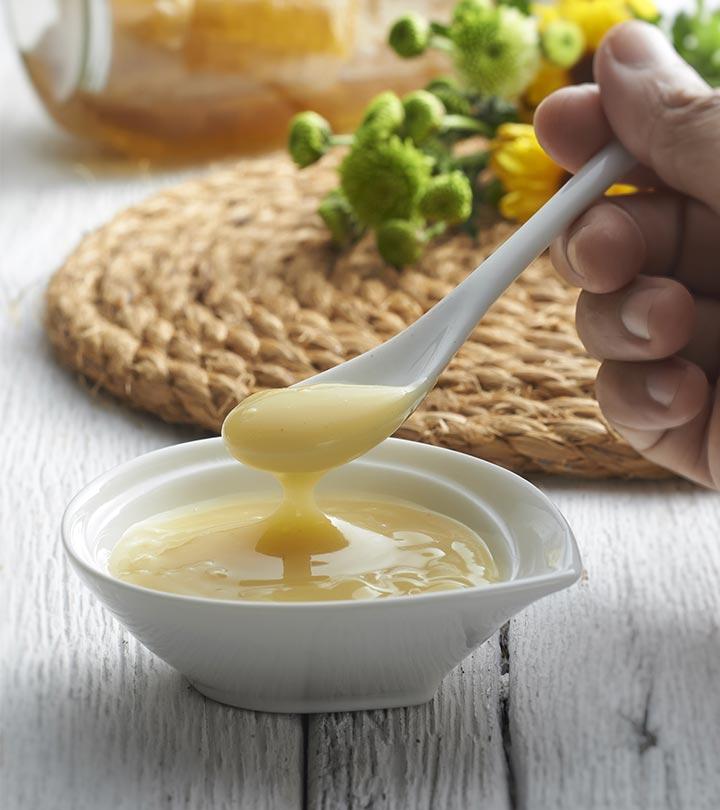
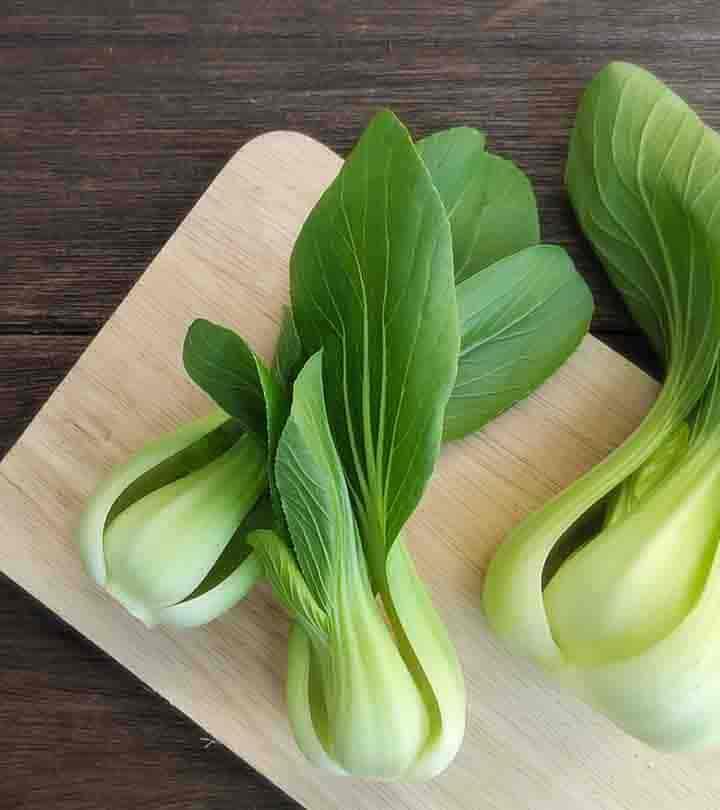
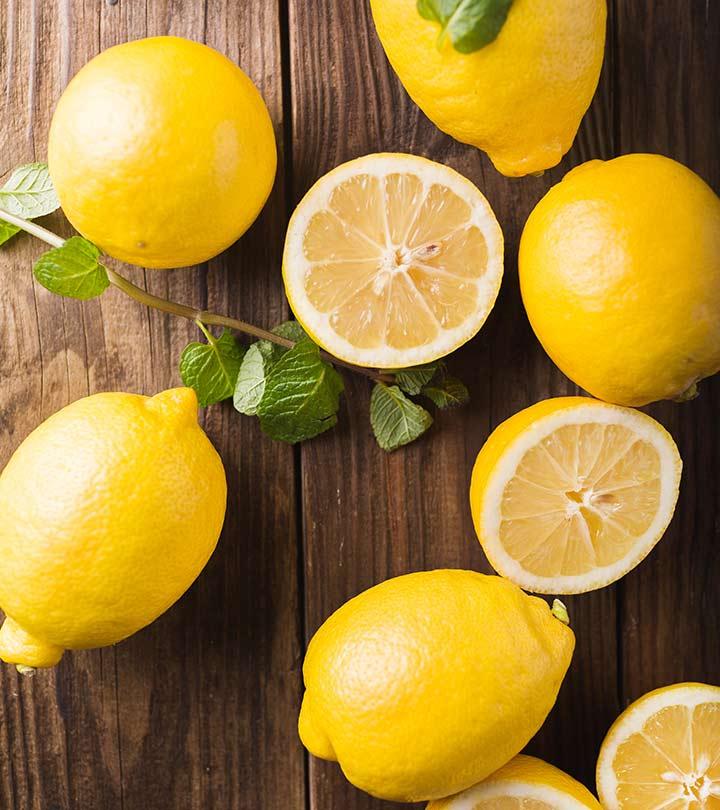
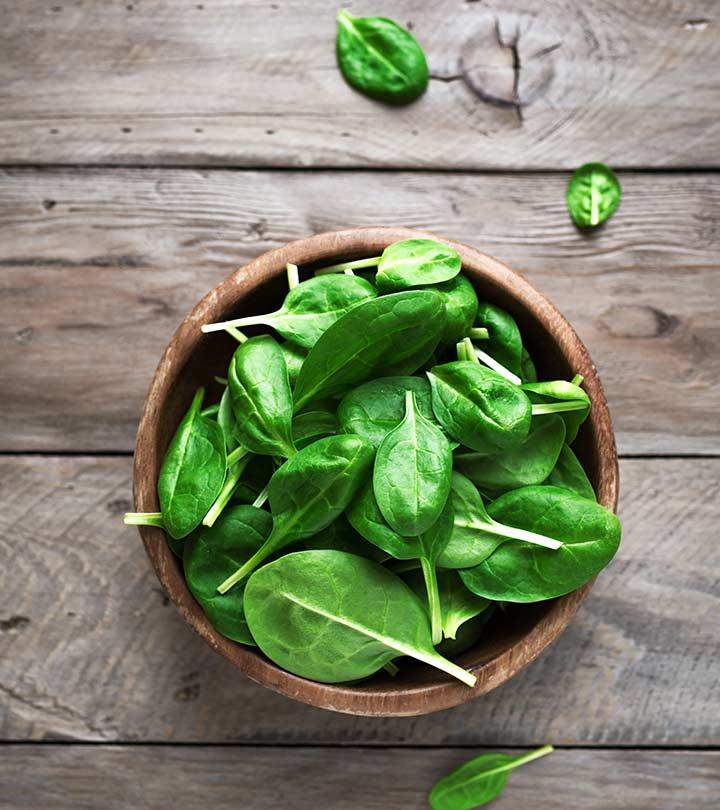
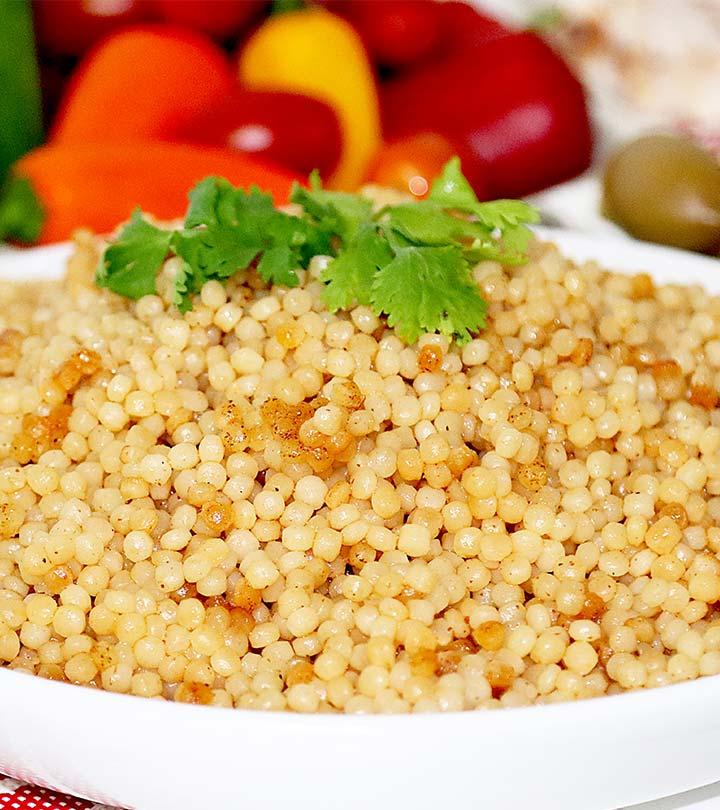
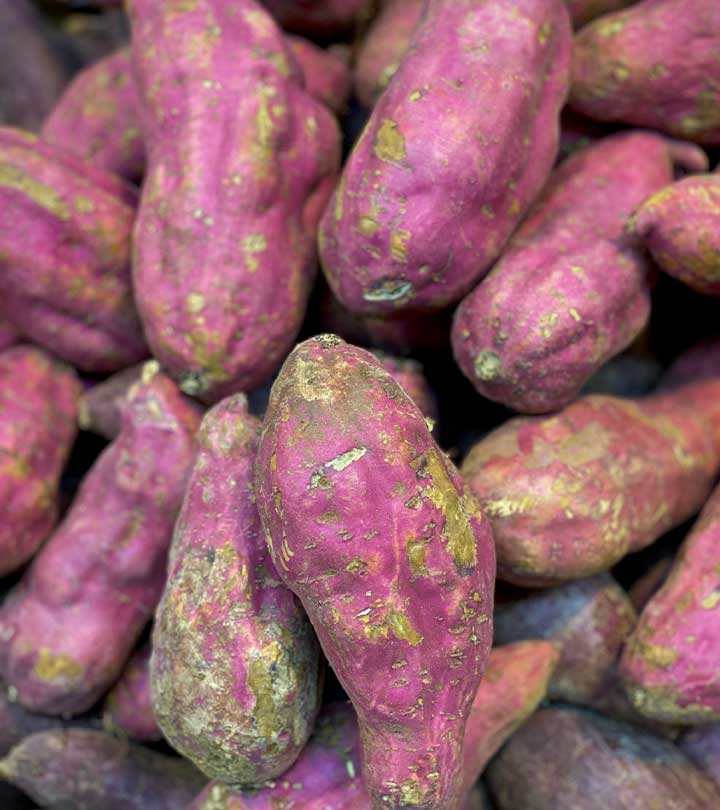
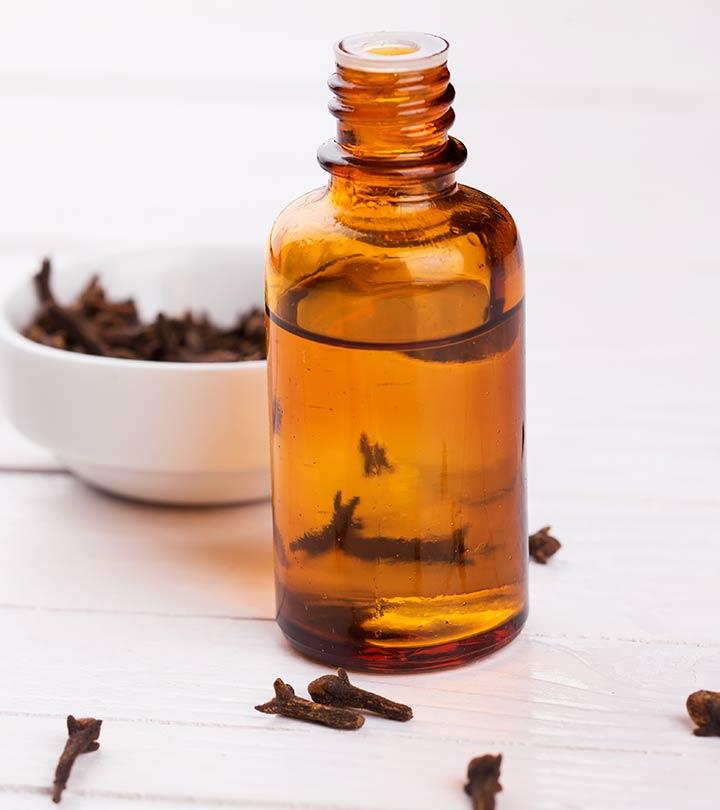
Community Experiences
Join the conversation and become a part of our empowering community! Share your stories, experiences, and insights to connect with other beauty, lifestyle, and health enthusiasts.